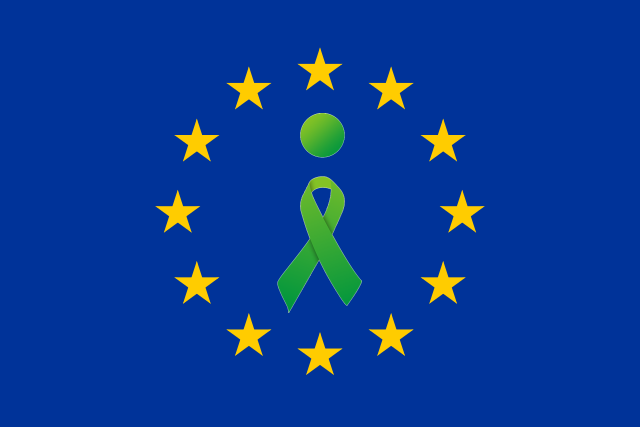Call to doctors
EuroLyme patients request treatment described in the European Parliament resolution of 15 November 2018 on Lyme disease (borreliosis) (2018/2774 (RSP)).
The European Parliament
motivates
| F | whereas a bite by an infected tick and the symptoms of Lyme disease can go unnoticed or even in some cases be asymptomatic, which can sometimes lead to severe complications and permanent damage similar to that of a chronic disease, in particular when the patient is not promptly diagnosed; |
| G | whereas more reliable early diagnosis of Lyme disease will significantly reduce the number of later-stage cases, thus improving the quality of life of patients; whereas it will also reduce the financial burden of the disease, leading to savings of approximately EUR 330 million in healthcare costs already during the first 5 years, according to managers of the DualDur EU research project; |
| H | whereas many patients are neither promptly diagnosed nor have access to suitable treatment; whereas they feel deprived and ignored by the public authorities and some continue to have persistent symptoms that can lead to chronic disease; |
| O | whereas, although well known to medical science, Lyme disease is still underdiagnosed, in particular because of the difficulties encountered in the detection of symptoms and the absence of appropriate diagnostic tests; |
| P | whereas the screening tests used for Lyme disease are not always able to provide accurate results, one such example being the Elisa test which only detects one infection at a time; |
| R | whereas the medical profession often follows outdated recommendations on Lyme disease that do not take sufficient account of research developments; |
decides
| 12 | Calls for the development of evidence-based guidance on clinical and laboratory diagnosis of Lyme borreliosis; calls for ICD code separation between early-stage and late-stage Lyme disease; calls also for individual ICD codes for the different late-stage Lyme disease symptoms; |
| 13 | Requests that the Commission publish guidelines based on best practices within the EU with regard to the training of general practitioners so as to facilitate the diagnosis and screening of Lyme disease; |
| 14 | Asks Member States to expand the use of clinical examination so that doctors can diagnose Lyme disease even if the serology tests are negative, in order to help patients break the "therapeutic deadlock". |



